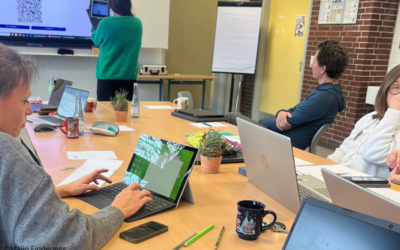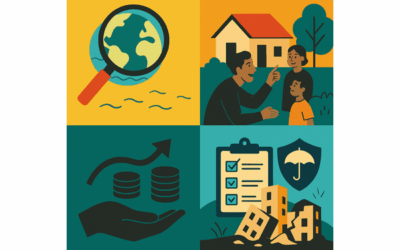The DKKV is…
German Committee for Disaster Reduction e.V. (ger.: Deutsches Komitee Katastrophenvorsorge e.V.)
Newsblog
Bonn Technical Forum 2025: Advancing Disaster Data for Climate Action
From 3–5 December 2025, the Bonn Technical Forum convened global experts at the UN Campus in Bonn under the theme “Data as the Lever for Climate Action – Accelerating Tracking of Hazardous Events and Disasters.” The event, organized in partnership with UNDRR, UNDP,...
DKKV participation in Erasmus Plus ERDAI teacher training
As part of the ERASMUS+ teacher training program ERDAI, the DKKV participated on November 24 with a contribution on resilience in disaster preparedness. The DKKV provided a concise insight into risk and crisis communication. The training brought together school...
Call for Abstracts: Impact-based Forecasting and Early Action at EGU 2026
How can we move from traditional hazard forecasts toward impact-based, user-oriented predictions that truly enable early and effective action?The EGU General Assembly 2026 will address this in the session HS4.5 – “Impact-based forecasting, early warning and early...
New UNDRR STrategy for 2026-2030
The United Nations Office for Disaster Risk Reduction (UNDRR) has presented its new Strategic Framework for the years 2026 to 2030. The aim of the document is to significantly accelerate the implementation of the Sendai Framework in its final five years. The new...
Follow us




What is disaster risk reduction?
Storms, natural hazards and extreme events can quickly become a danger to people and the environment. But climate change, extreme urbanization, power outages and fires also offer potential hazards.
A disaster occurs when the functioning of a community or society is impaired or interrupted and, as a result, high human, material, economic and ecological losses occur that cannot be managed alone.
Precautionary measures can help to reduce the consequences and impact of the disaster. Depending on the hazard and personal circumstances, the precautionary measures to be taken may vary.
Find out more about potential hazards and individual precautionary measures on our topic pages.






